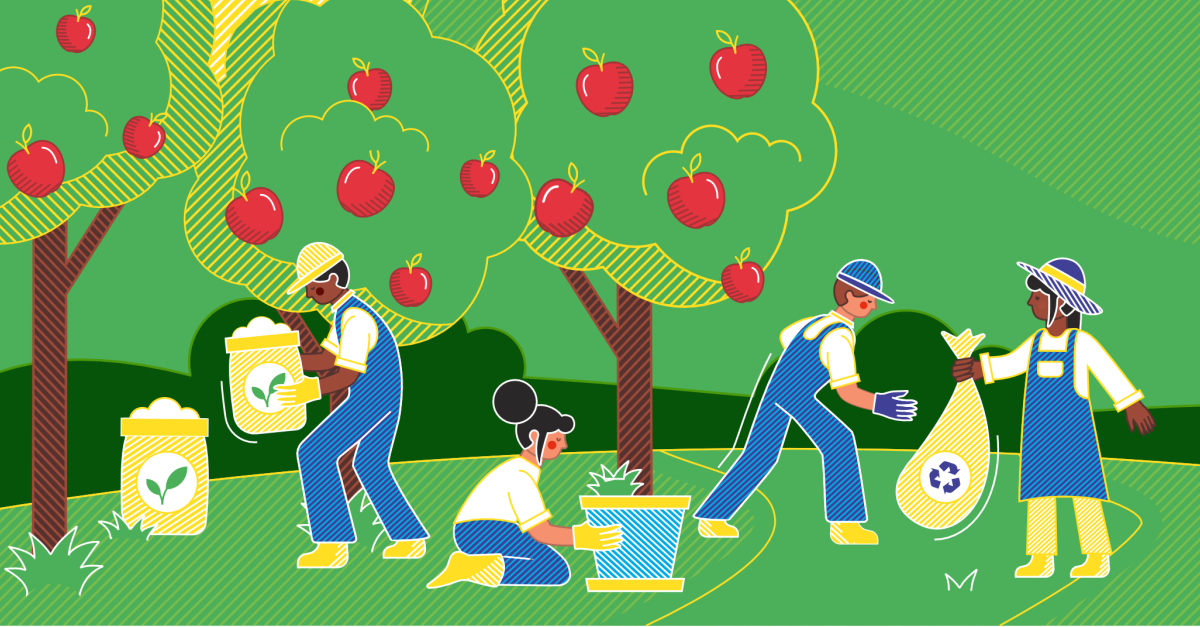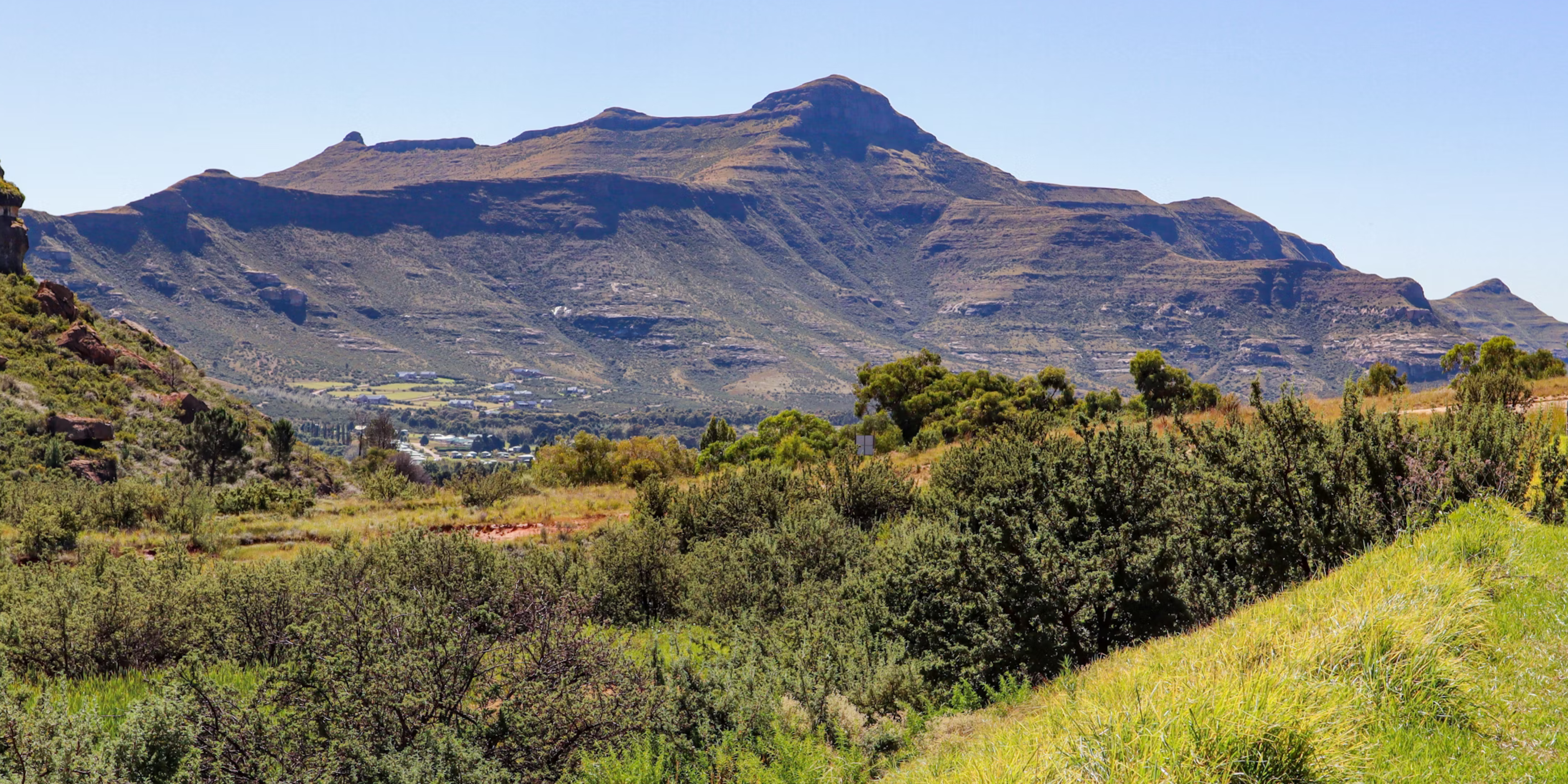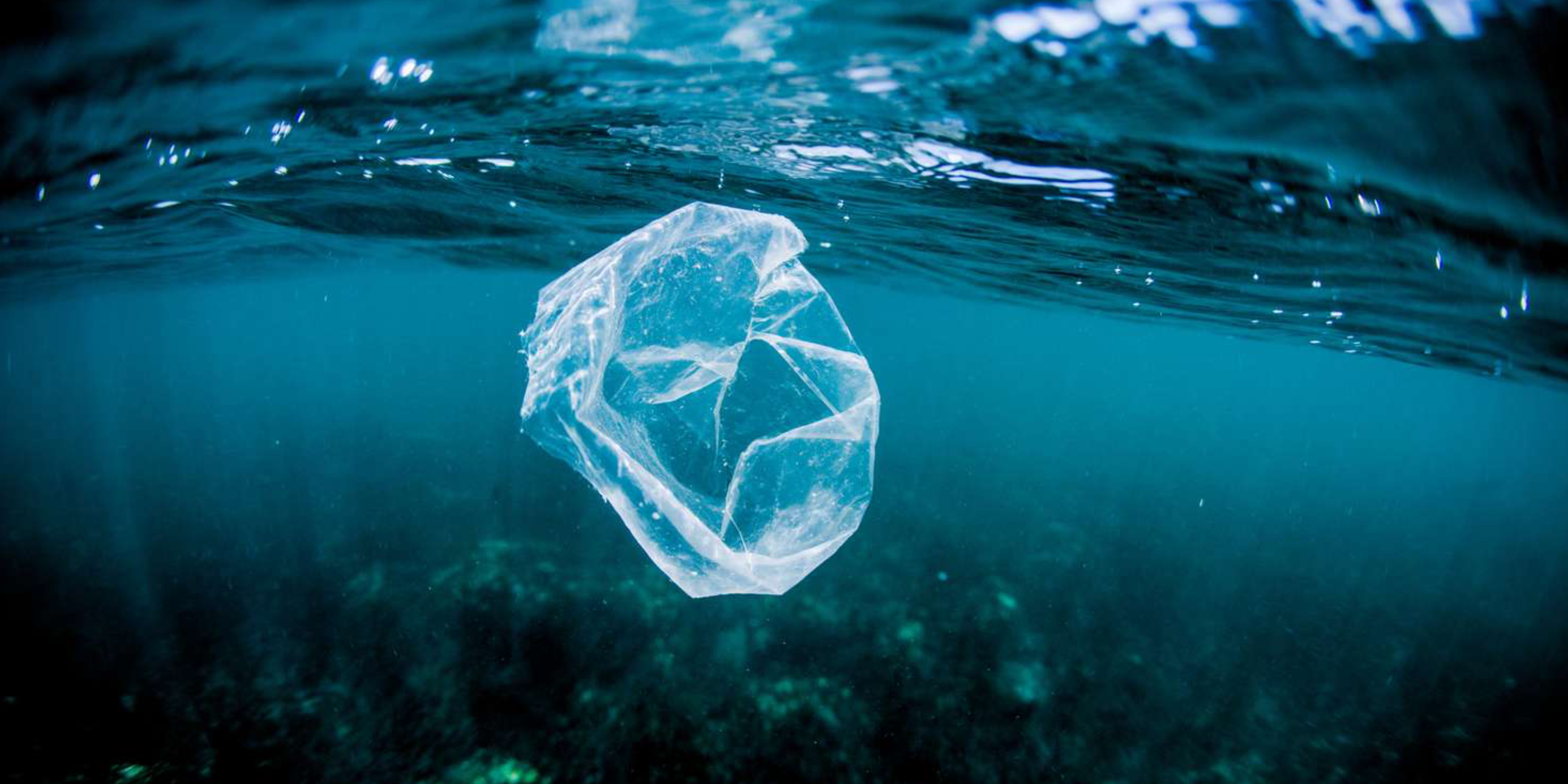South Africa is the sixth most species-rich country in the world and, in fact, is the most species-rich country in Africa.
To date, Fauna and Flora International have recorded 20,000 plant species found in South Africa – which is an astonishing 10% of all plants found on Earth. And the South African National Biodiversity Institute (SANBI) has recorded about 10 000 species from different animal groups, in South Africa alone – so you can see how diverse our country’s biodiversity really is.
However, the harsh reality though is that South African biodiversity is, at present, highly endangered. According to the National Red List, 10% of South Africa's birds, frogs, mammals, and plants are threatened. And the National Spatial Biodiversity Assessment (NSBA) found that 82% of our main river ecosystems are at risk, including 44% of our vegetation types being labelled critical endangered, 27% endangered, and 11% vulnerable.
Unfortunately, this isn’t just a problem that our country is facing, across the globe, one million species are under threat with imminent extinction. So, today, the stakes have never been higher as it is well recorded that there is a direct impact between human health and the health of the planet.
If you need any reminder as to why biodiversity is so important to humanity – here are our top 3 reasons:
-
Nature plays a crucial role in the fight against climate change
As forests, tundras and oceans are destroyed, greenhouse gases are released, which is accelerating global warming. A diverse landscape provides protection from extreme weather such as storms, wildfires, and landslides, by absorbing more carbon. So, a rich and healthy biodiversity acts as a natural carbon sink, providing nature-based solutions to climate change.
-
Biodiversity is critical for safeguarding global food security
Food production is dependent on the diversity of plants, animals, and microbes, as well as their interactions. If our biodiversity declines, fewer foods are produced, and more foods are limited.
One of the major challenges in the near future, to protect our biodiversity, will therefore be examining ways in which we produce and consume food, especially if we want a healthy planet and plentiful food options.
-
Biodiversity is critical in addressing the current water crisis
Biodiversity is essential to filtering water; and its decline is placing pressure on our freshwater supply – resulting in adecrease in drinkable water supplies, even further. Given that South Africa is already a water-scarce nation, this is very concerning.
The earth's natural habitat and biodiversity can be restored, but this means collective responsibility from everyone, from recycling, reusing, and repurposing in our homes and business to supporting and driving initiatives such as regenerative agriculture practices, reforestation, and adopting emerging green technology.
We have always believed that water systems, land, and air can and should be improved, if we adopt proper waste management solutions. Together, we can be part of the solution – we just need to act now.




SUBMIT YOUR COMMENT